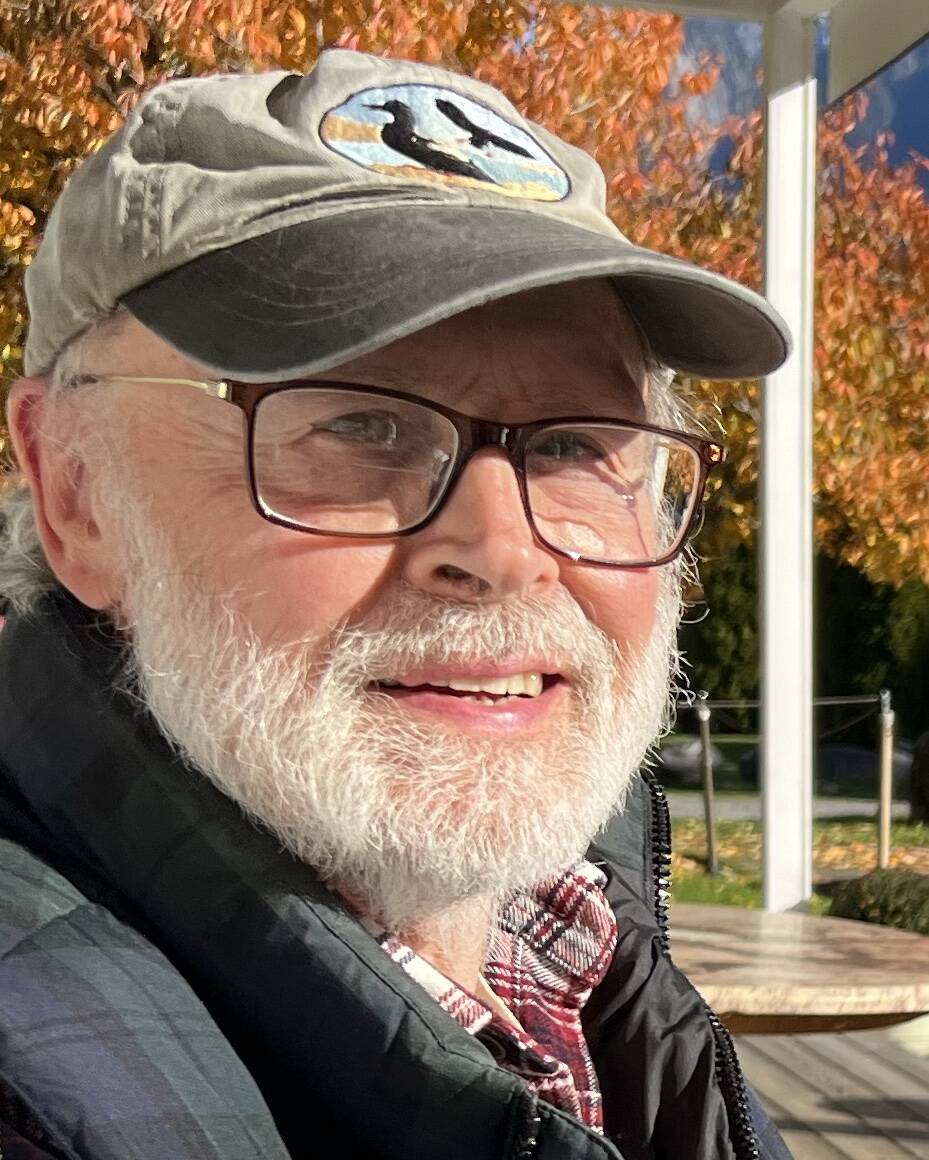We are at a critical moment in history. Our fates are linked as never before. The fate of the earth and all of its creatures depend upon what we collectively decide to do in the coming months of this election year. There was a time when the evolution of life on earth did not depend upon the decisions of one species. We were all coequal beings woven into the great web of life. Some time in the past century a great change occurred that has altered things dramatically.
There are eight billion of us now. Our combined weight is now thought to be greater than that of the entire insect population, a great animal kingdom. Our seagoing ships are more powerful than the greatest sea creatures. Our flying machines overtake the swiftest bird. We have machinery that performs feats of strength that no lion could do. It would seem that we have become masters of our world. Or have we?
When I was 19 years old I was allowed to get behind the wheel of a powerful automobile. One night I drove far above the speed limit in a rainstorm with three friends in the car. The result was a car wreck in which one friend received a fractured neck, another several fractured back vertebra, I was thrown from the car, but ended up only badly bruised and concussed. My friends and I were extremely lucky to have survived and eventually to recover. I feel terrible every time I hear about some foolish young person who was not so lucky.
The truth of the matter is that the vast majority of us, in fact, are not the masters of our own fate. We are mostly clumsy, confused children who wield enormous power, more power than any creature before us on earth. We have, so far, in our carelessness and thoughtlessness, poisoned the air, the waters and the land, and driven a great many fellow creatures to extinction, while also maiming and killing a great many of our own. I see every tragic wreck, whether it be a plane, a car, a storm, or maybe a war or famine, as another opportunity for humanity’s rude awakening. I can’t say that I was readily changed for the better, but my car wreck certainly gave me plenty to think about, and over the years that has become a habit, thinking.
I think about the writings of Henry David Thoreau, about his descriptions of the simple life in a modest woodland cabin on Walden Pond, and of his joy in living close to nature and his pleasure in reflection on the meaning of things there. I also think about the naturalist John Muir, and how his delight in wild nature prompted him to roam unexplored wilderness and up tall mountains and clamber into tree tops during fierce wind storms in order to fully experience the forces of nature. He once built a cabin over a creek so that he could hear the frogs sing below his bed. He inspired a great many people to become lifelong advocates for the preservation of wild lands and wild creatures.
I have also asked myself repeatedly, as Mary Oliver asked in one of her poems: “Tell me, what is it you plan to do with your one wild and precious life?” She seems to be saying, whatever you do, don’t waste the precious, finite time you have on this earth. And I have considered the words of Rabbi Hillel, who asked: “If I am not for myself, who will be for me? If I am only for myself, what am I? And if not now, when?” And Leo Tolstoy, the great Russian writer, who asked: “And when one sees the truth, what is one to do?”
Ideas are floating around our heads everywhere we look. They are in books, films and conversations with fellow travelers through this life. Just be open to these doors and windows of the spirit as you walk through this world. As the ancient Greek philosopher, Socrates, said: “The unexamined life is not worth living.” You certainly don’t need to be a doctor of philosophy to apply critical thinking skills in your search for meaning. There are little children who sometimes surprise us with their wisdom, and Ph.D.s who surprise us by their foolishness.
We have all experienced bad judgment at times. I remember when I first came to live in the woods here on the island, I thought that it was particularly clever of me to cut down standing dead trees for our firewood. I was later to learn that such trees are critical wildlife habitat. I feel a bit bad about the trees I cut down back then, but mostly I am grateful for the knowledge I acquired that helped me avoid further harm to our fellow creatures. It is no small thing to discern the true, and then to act upon it, in the woods and at the ballot box.
Dr. Michael Seraphinoff is a Whidbey Island resident, a former professor at Skagit Valley College and academic consultant to the International Baccalaureate Organization.




